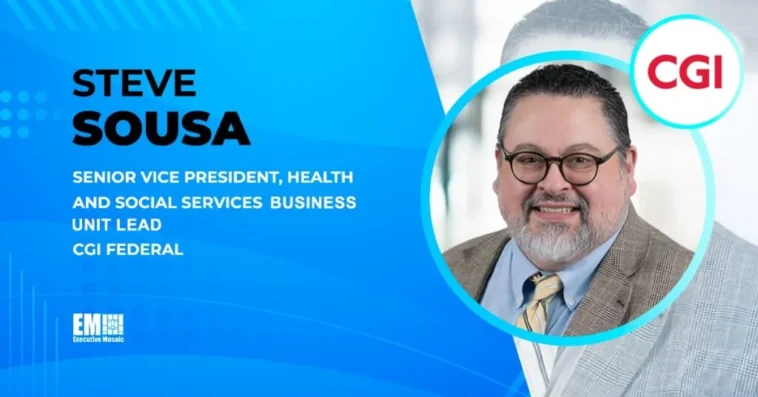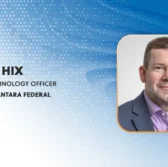CGI Federal has secured a potential five-year, $72 million award to modernize a healthcare system for the Centers for Medicare and Medicaid Services.
Under the single award, firm-fixed price contract, CGI will work to transform plan enrollment and compliance processes for hundreds of private health and drug plans supported by the agency’s Health Plan Management System, yje Fairfax, Virginia-based company said Tuesday.
“CGI understands the current challenges in operationalizing data for the Medicare, Medicaid, and healthcare marketplace communities,” said Steve Sousa, senior vice president and health and social services business unit lead at CGI.
“As the need for evolving digital ecosystem interoperability continues to grow, CGI supports CMS to reinvent digital strategies and optimize operations to improve the beneficiary journey and customer experience,” continued Sousa.
The contract will support those impacted by the Medicare Advantage and Medicare Part D programs. More than 65 million individuals are affected by the overall performance of HPMS, which includes over 70 different software modules.
To upgrade this system, CGI will implement intelligent automation, cloud efficient tools and data analytics while leveraging Agile approaches to delivery and boosting cybersecurity.
Improving HPMS user experience is a key part of CGI’s responsibilities, and the enterprise will strive to meet this goal by providing targeting business and technical solutions and enhancing the annual lifecycle activities needed to carry out these plans.
Ksheeraja Velangulam, vice president of consulting services and HPMS engagement lead at CGI, said the company is “proud to extend our support to further advance the CMS HPMS mission and help transform the accessibility of health plans for Medicare beneficiaries through a secure system” by harnessing its two decades of experience working with HPMS.
“Through our comprehensive healthcare industry knowledge and deep technical expertise, we will deliver innovative solutions that enable CMS to meet the evolving expectations of program beneficiaries,” she said.





